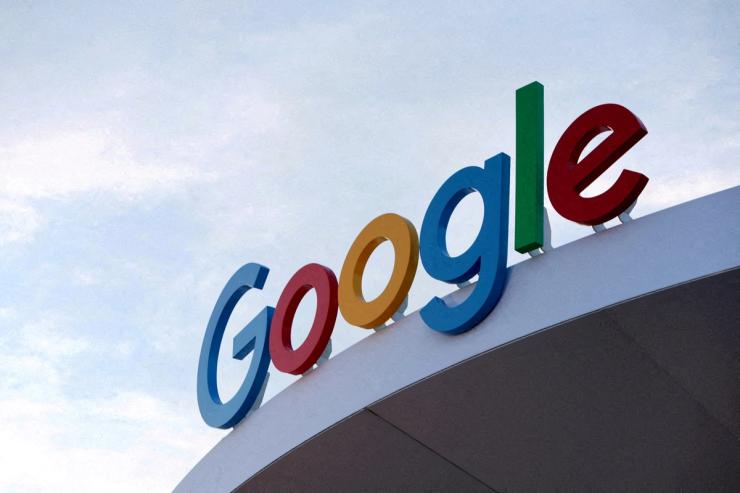The News
The biggest antitrust trial in tech in more than two decades comes to an end this week. Lawyers for the Department of Justice and Google present their closing arguments Thursday and Friday in a suit that could significantly alter how people find information online.
DC District Court Judge Amit Mehta will then rule on whether Google has an unfair monopoly over search. Among the trial’s revelations was how much Google paid to be web browser makers’ default search provider; Google spent $26.3 billion in 2021 to be the default search on Apple’s Safari and Mozilla’s Firefox. A recent leak showed Google paid $20 billion to Apple in 2022, too.
Alphabet, Google’s parent company, denies the allegations and argues that customers use its search engine based on the merits of the product compared to competitors. Currently, Google holds 90% of the search engine market share in the US.
SIGNALS
A ruling will set a new legal precedent for Big Tech
US v. Google is “the first of the major monopolization cases against the major tech platforms to go to trial, and so that makes it a bellwether,” a Vanderbilt University professor who studies antitrust law told The New York Times. Antitrust laws like the Sherman Act were drafted in the 19th century, and some experts question whether they are still fit for purpose. While many analysts anticipate the final ruling will restrict Google to some degree, victory for Google could lead to “assertions that the technology ecosystem has outpaced antitrust law,” Brookings Institution analysts wrote.
Antitrust cases involving Microsoft and in Europe give clues
The DOJ and Google cited a 1990s antitrust ruling which found Microsoft operated an illegal monopoly over the web browser market because PC makers had to use its Windows browser. The case serves as a blueprint for other tech companies and the consequences of any restrictive rulings on their business practices. “Microsoft has done great,” since it lost its case, as the Associated Press reported.
Over in Europe, Google has faced similar legal scrutiny over its market dominance as a search engine, and was fined €2.42 billion for unfair practices related to Google Search’s comparative shopping feature. Google also now offers users in the EU and in India the option to choose other search engines on its Android phones to comply with competition laws.
Google’s search engine is at a crossroads
The case could help “explain why Google’s once dazzling search results anecdotally feel like they are getting worse for some,” Gizmodo wrote. More than 80% of Alphabet’s annual revenue comes from advertising, and the DOJ argued ads degrade the user experience.
Alphabet’s own research shows that 40% of Gen-Z prefer TikTok to Google as a means to search for things like restaurant recommendations, and Google argues it competes with social media for search. And the rising popularity and accuracy of generative AI tools, like ChatGPT, could cut into search, too, as users will have less incentive to browse search results.



